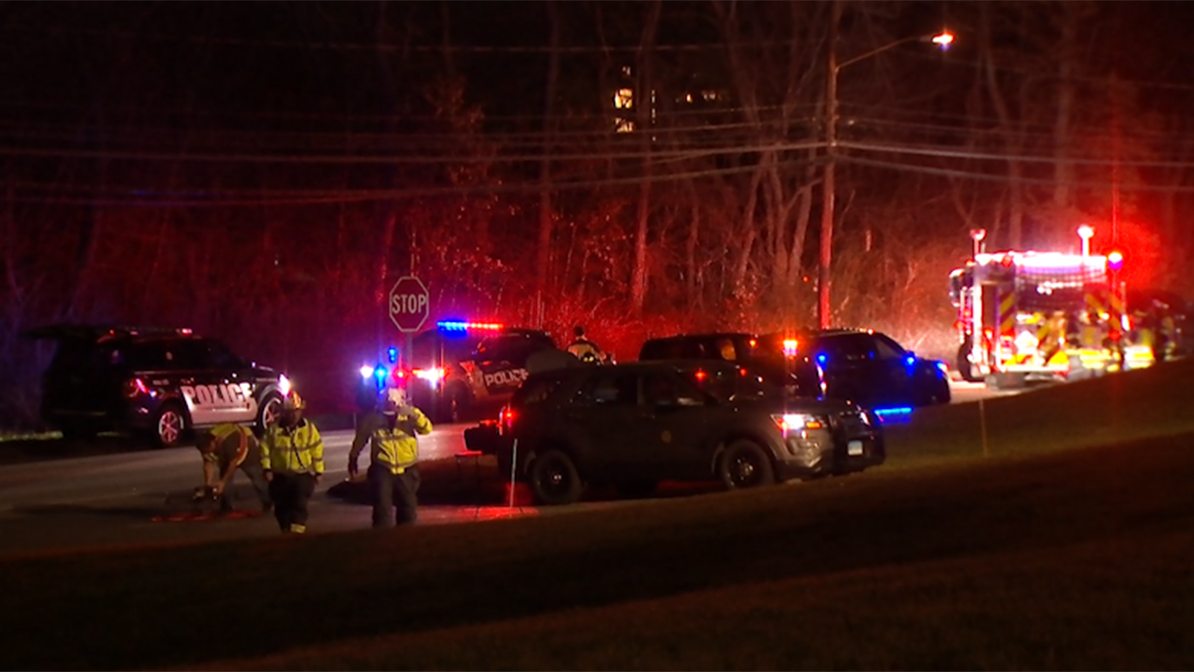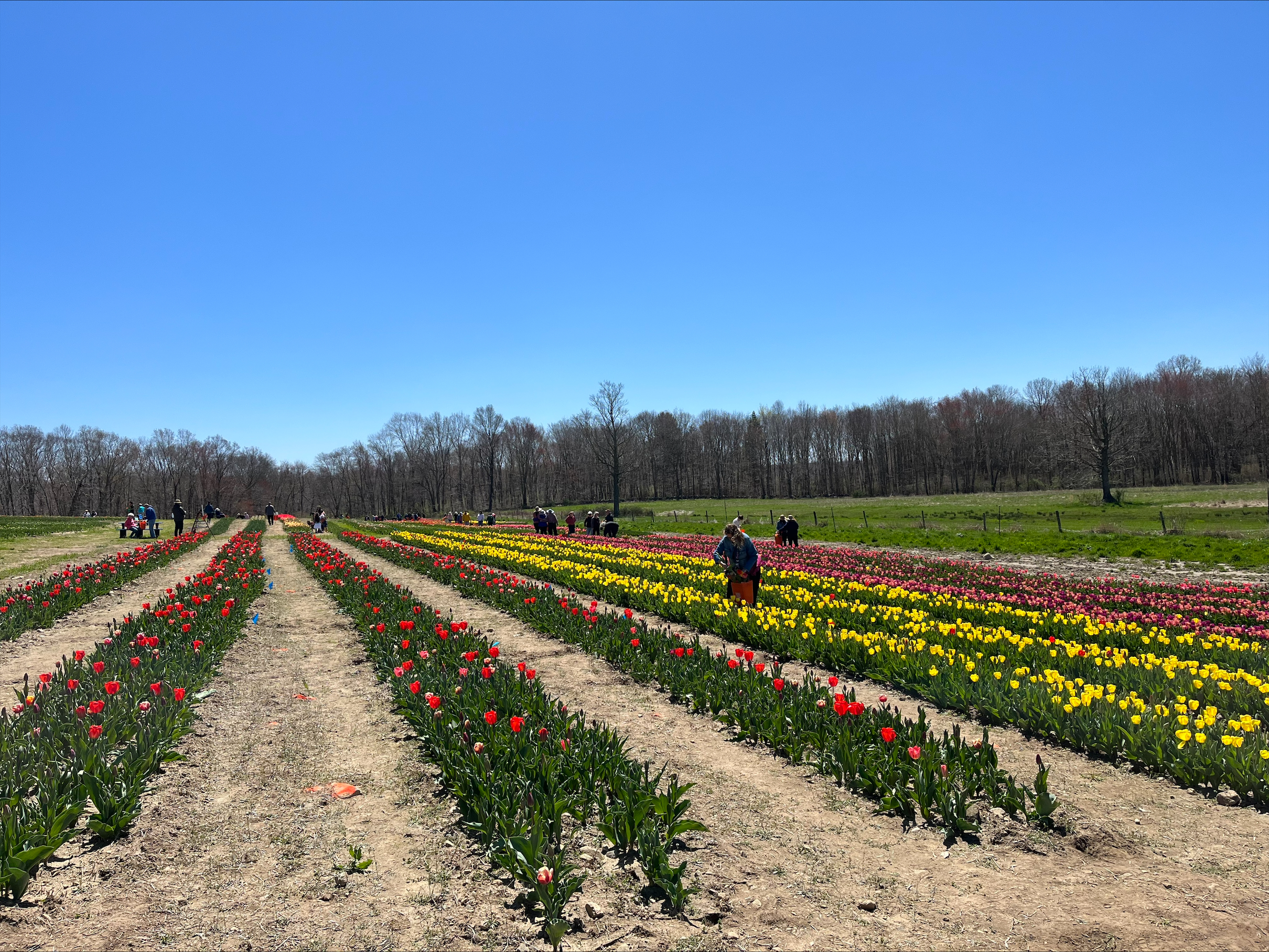Black bears in Connecticut have been waking up from hibernation for about two months now, but bear sightings and activity really start to pick up this time of the year. Just this morning, Suffield resident Alex Fraser saw a black bear taking a stroll through the neighborhood.
“I noticed a bear coming up from our fields that are behind our house," Fraser said. "And just slowly lumbering across the lawn and crossed over here and continued sniffing the bushes on our property border and then just continued going up the street.”
And while bear sightings might not be common in his area, sightings like this are expected during the spring and summer and they’re becoming more common as the bear population continues to grow.
"Over the last 150 years, forests have regrown. We now are a heavily forested state and now there's a very good habitat for them," wildlife biologist Paul Rego said.
During the spring, as bears come out of hibernation, they’re hungry! But with delicacies like acorns, fruits and berries not available to our local bears, they take to residential bird feeders and garbage cans to grab some grub. And we’ve all seen the photos and videos of bears getting a little too close for comfort. But there are a few things you can do to keep bears out of your neighborhood.
Rego recommends "removing bird feeders, storing garbage in a place or in a manner that bears can't access it and then a few other things around the home, compost piles can be an attraction, pet food outside."
Very rarely do black bears bother people since they are more afraid of us than we should be of them, but if they do get too close for comfort, Rego has some tips.
Local
"In the rare instance that the bear isn't afraid, doesn’t seem to want to retreat, then first thing is for humans to make noise. Make sure the bear is aware you're there and then back off," he said.
If a bear truly seems aggressive or dangerous or causes damage to your property, it’s time to call the Department of Energy and Environmental protection. For more information visit: https://portal.ct.gov/DEEP/Wildlife/Nuisance-Wildlife/Living-with-Black-Bears



